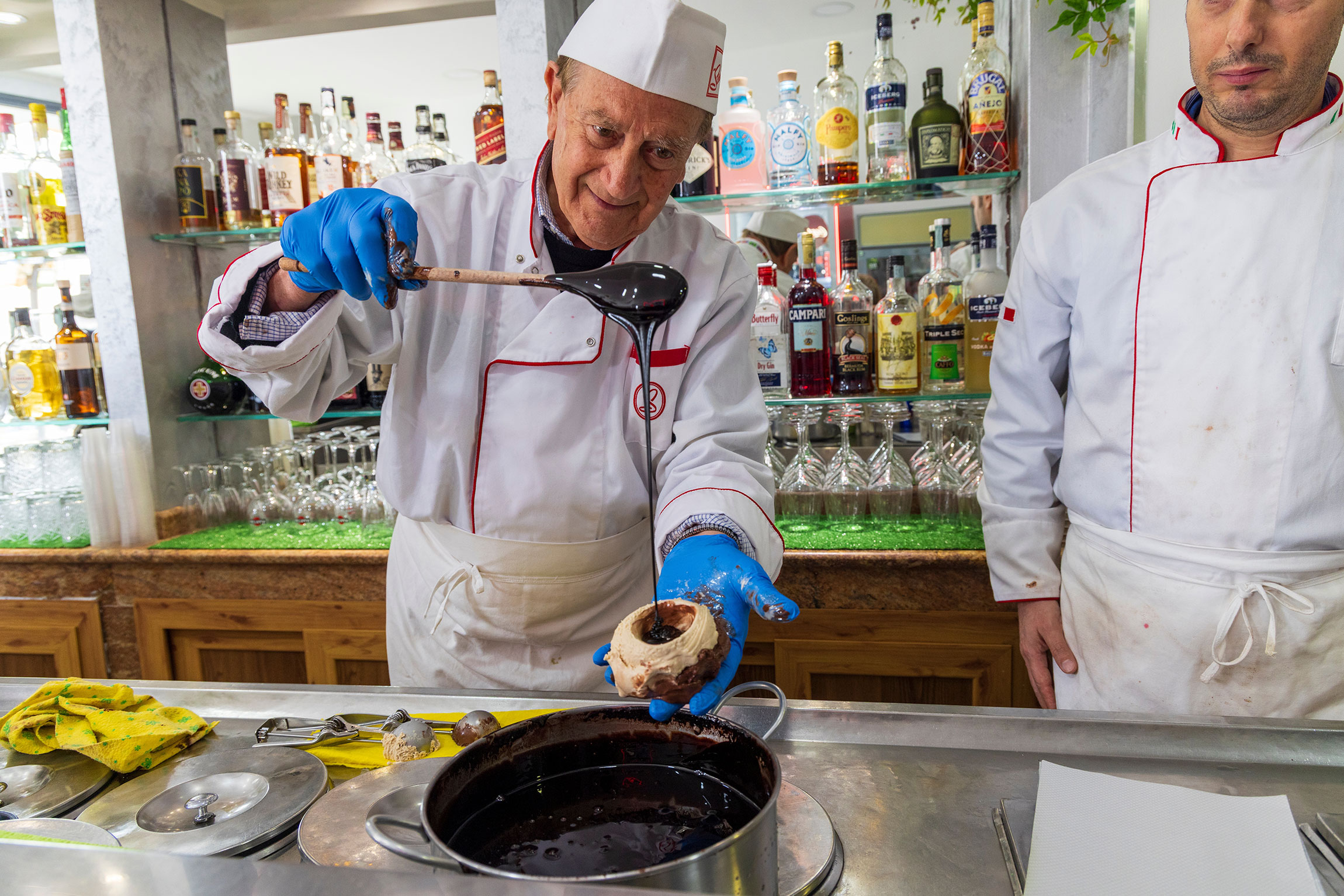What can make an Italian scientist happier than an award honoring the memory of Nobel Laureate Enrico Fermi, a pioneer in the field of nuclear and particle physics? Indeed, since for the first time President Eisenhower and the Atomic Energy Commission honored Enrico Fermi with a special award for his lifetime of accomplishments in physics and, in particular, for his role in the development of atomic energy, many other scientists from different countries have got the same recognition. Among them, last in time, Claudio Pellegrini, a Distinguished Professor Emeritus of Physics and Distinguished Research Professor at UCLA, as well as a visiting scientist and consulting professor in photon science at the SLAC National Accelerator Laboratory, who shared this year’s award with Charles Shank, laboratory director emeritus at the Lawrence Berkeley National Laboratory.
“Claudio Pellegrini and Chuck Shank have advanced scientific research at the Department of Energy and the national laboratories throughout their distinguished careers, which has significantly contributed to sustained leadership in research and development in the United States”. In particular, Professor Pellegrini received the award “for pioneering research advancing understanding of relativistic electron beams and free-electron lasers, and for transformative discoveries profoundly impacting the successful development of the first hard x-ray free-electron laser, heralding a new era for science.” The role of the Italian scientist has been relevant especially in establishing the world’s first hard X-ray free electron laser, which has indeed enabled new areas of ultrafast x-ray physics, atomic physics, plasma physics, chemistry, biology and materials science, and has transformed the nature of X-ray facilities available all over the world.
Professor Pellegrini studied at La Sapienza University, where he got his Laurea in Physics Summa Cum Laude in 1958 and has been honored in the United States many times: the American Physical Society Fellow, the Fulbright Fellow, the FEL Prize, and the R. R. Wilson Prize, Am. Physical Society.
A career full of discoveries and success which have now granted him the very special prize by President Obama, whom he will be meeting later this year. We talked to Professor Pellegrini not only about his work but also about his life and the future of Italian scientists leaving their country to find better opportunities abroad.
What most excites you about your work?
The challenge of understanding how nature works, to have a glimpse at phenomena previously unexplained. But I also think it is the pleasure of being part of an international community of scientists sharing the same interest and curiosity. And the idea that, when we know some new properties of matter and life, we can use them to improve and have a life more comfortable and with less pain.
Which memory do you have of the day when you made your discovery?
When after years of work, starting in some cases with a crazy intuition, you make an experiment and see that what you expected is real and true, or you find something new and unexpected, there is a sense of accomplishment. A dream becomes reality and you feel good.
Why is your area of scientific discovery important (or relevant) for ordinary people?
What I have done is helping many scientists, all over the world, to have a better knowledge of important constituents of matter, like proteins, or of the photosynthesis process that transforms sunlight into energy and on which all life on earth depends. When we understand photosynthesis better, we can apply our knowledge to, for instance, improve renewable energy sources. Determination of proteins structures is critical to cure many diseases.
What did you think when you found out you will meet President Obama?
Of course I felt that this is a great honor. I am looking forward to meeting the President in the White House. My wife, my children, and my grand-children were very excited. And I did not forget to share my pleasure and happiness with my colleagues and my friends.
Which added value do Italian scientists bring to foreign universities?
A good general education. In my case, and this goes back many years, an education in the classics, the study of Latin, Greek, and Italian.
Would you advice for a career abroad or would you suggest students enrolled in a scientific program to stay in Italy?
Scientists should go where there are the best opportunities to pursue their research and their dreams. The instruments available, the administrative and financial support are important. And so are the colleagues that one has in the university or Institute and the general culture of trying new things and sharing discussions and excitement.






























